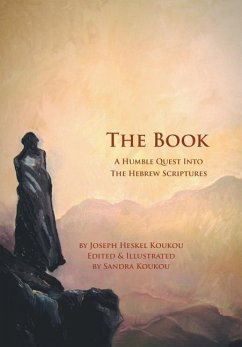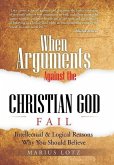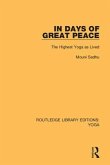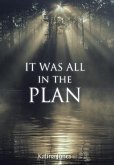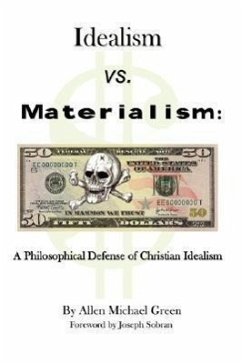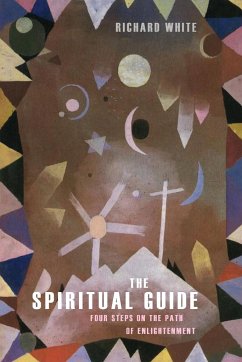Joseph Heskel Koukou Born in Basra, Joseph Heskel Koukou was ten years old when his family settled in Iran. As a businessman, his life was intertwined with that of his Jewish community and the rapport of friendship he held with all groups, independently of their religion, of their culture and their ethnic affiliation. When Khomeini took power and established the Islamic regime, he was imprisoned as a Jew and passed over four years behind bars. He reread and meditated upon the Tanakh, the Jewish Bible. In his autobiographical work, he recounts his incarceration and describes the life of the Jews under the regime of the mullahs. The book is also a precious document on the history of the Jews and that of the Middle East. Joseph Heskel Koukou transmits profound reflections on his reading of the Book and on his life experience. A magnificent work. Naïm Kattan, Adieu Babylone: Mémoires d'un juif de Bagdad (transl. Farewell to Babylon: Coming of Age in Jewish Baghdad) Knight of the Order of Canada Knight of the Order of Quebec Arts and Letters of France Knight of the Legion of Honour Like the Biblical Joseph, Joseph Koukou emerged from the darkness of an unjust imprisonment to offer precious guiding light. An inspiring and remarkable work of devotion, the moving stories, testimonies and wise commentaries enlighten the mind while touching the heart. Schachar Orenstein, Rabbi Spanish & Portuguese Synagogue of Montreal Nothing seemed to predestine businessman Joseph Koukou to be immersed in the study of the biblical Scriptures. Unjustly imprisoned for close to five years in the impregnable Iranian prison of Evin from which one rarely comes out alive, he discovers inside him this faith that moves mountains, which allows him to study and decode the Jewish Bible. It is the spiritual food he shares with other prisoners, seeing in their midst a light in the corridor of their despair. Such a gift of compassion is only given to a man inhabited by an exceptional spirituality, to a point of destabilizing judges and executioners solely by his countenance, his serene voice, and his composure in the darkest moments under the menace of imminent execution. Joseph Koukou, Orpheus charming the guardian dog of Hades? A steadfast heart and soul that simply embraced his faith in the fate of Humankind. The book's third chapter runs a chill down the spine: we plunge into the deaf terror of the politico-religious apparatus of the Iranian regime, one through which Sandra-the prisoner's daughter-weaves in and out of, fearlessly, armed solely with the determination and love of a 23-year-old girl for her father. Raphaël Levy, L'Homme qui voulait changer le monde From a spiritual point of view, all that time spent discussing the Bible with Mr. Koukou helped in some way to have saved my soul. It was very effective... if there was an opportunity to help someone, Mr. Koukou would always be the first to do so.... My memories of Mr. Koukou are enough to fill a book. I will forever remember his bravery, loyalty, understanding and general knowledge.... Dear Mr. Koukou, I will forever respect you and never forget you. Firouz Farokhzad, Photographer Tribute from a Cellmate New York, January 2014
Hinweis: Dieser Artikel kann nur an eine deutsche Lieferadresse ausgeliefert werden.
Hinweis: Dieser Artikel kann nur an eine deutsche Lieferadresse ausgeliefert werden.

